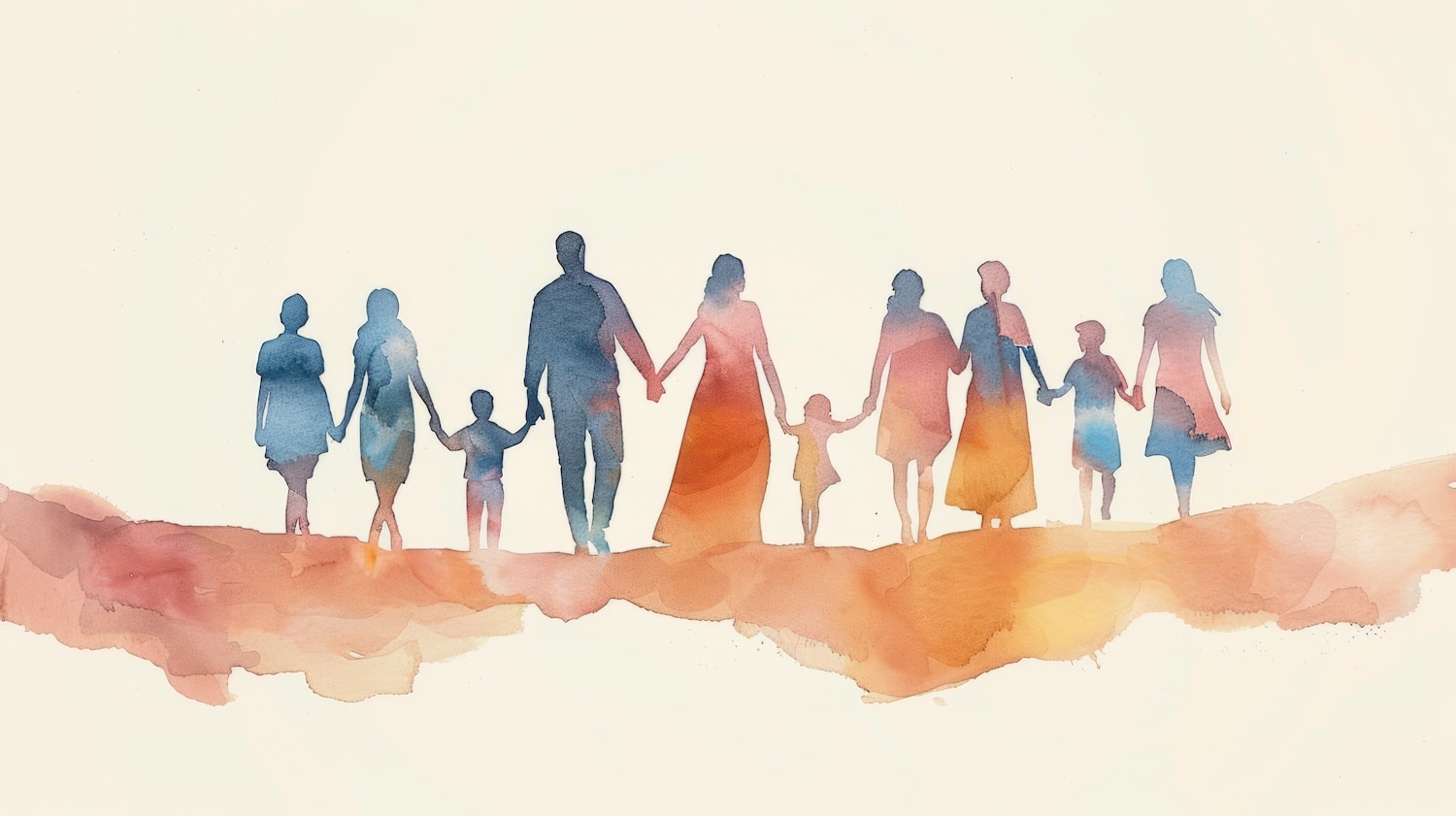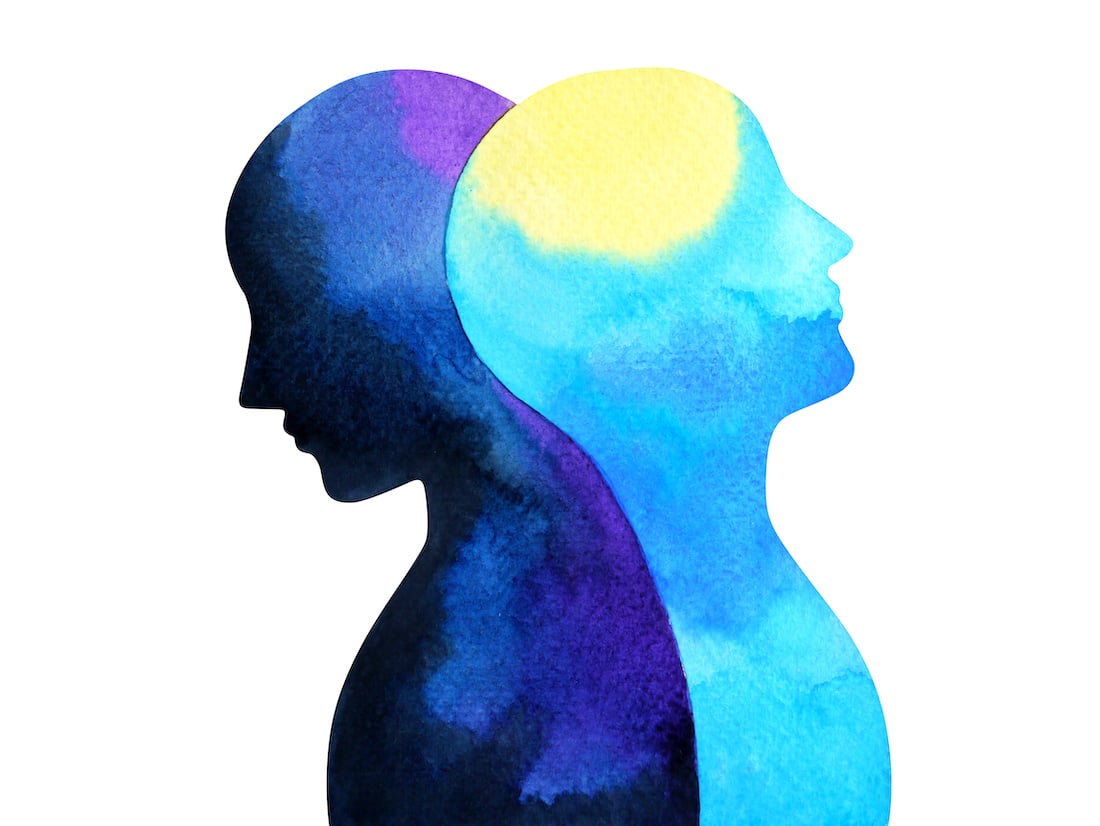The holiday season can be an incredibly stressful time of year. No matter which specific holidays you celebrate they tend to come with a lot of disruption to your everyday routine. You have a lot to balance all at once, from time off work to your kids on break from school to traveling to visiting family members, and more. It’s no wonder this time of year can be difficult for many people.
However, the holiday season can be especially challenging for individuals with autism spectrum disorder. Navigating the holidays on the autism spectrum presents a unique set of challenges. It magnifies these already stressful situations and makes them more difficult to manage.
We sat down with Erin Finholdt, Milieu Supervisor for The Stables Program at Pasadena Villa, to talk about navigating the holidays when your loved one has autism. Erin oversees and assures that our clients have a healing environment where they can develop the social and life skills they need to develop more independence outside of treatment.
Erin helped us understand how you can make the holidays with your loved one as peaceful and enjoyable as possible. She explains some of the ways your family can approach the holidays, how best to support your loved one, and what you can do to maintain a calm experience for your loved one with autism and the rest of the family.
Holiday Challenges for Individuals With Autism
Deciding who will host holiday gatherings, rounding up your family members, planning travel itineraries, and maintaining your sanity during the process are only a few of the challenges that come with the season.
As Erin explained to us, “Holidays can be an extremely stressful time for individuals with an autism diagnosis. This often means taking loved ones out of their ‘safe place’ and to an unfamiliar environment.” With all the planning going on, sometimes it’s easy to forget the small details that make the holidays so challenging for individuals with autism.
Some of the many factors that can cause discomfort for individuals with autism include:
- Deviation from daily or weekly routines
- Leaving the comfort and familiarity of home
- Spending time in unfamiliar environments
- Social norms and expectations during gatherings
- Noises and sounds, both subtle and loud
- Overwhelming tastes, textures, or smells with food
- Changes in time and weather that affect light and darkness outside
- Traveling for long periods, especially in uncomfortable spaces (i.e. cars, planes)
How to Help Your Loved One Handle the Holidays
There are plenty of things that can cause your loved one to feel anxious and agitated during the holidays. Some of these factors are easier to mitigate than others. For example, you can choose to remain closer to home to avoid unnecessary traveling. On the other hand, it’s harder to control unexpected sounds or smells when you go somewhere.
Erin offered some suggestions for families looking for ways to help their loved one with autism during the holidays. You have plenty of options to prepare a calm and supportive environment for your whole family.
Identify potential triggers
Every individual has a unique set of circumstances that triggers a stress response. Determine which situations may create distress and decide how you can offer relief. Perhaps your loved one is sensitive to loud noises, but your family has lots of young children. Maybe they watch a particular television show at a certain time every day but won’t have access to that show while out of town. Identify their potential triggers beforehand and prepare accordingly.
Plan far in advance
Erin expressed that, “Being proactive is so important.” Planning is the best way to navigate the holidays when you have a loved one with autism. You should provide your loved one with adequate time to prepare mentally. You want to know where you are going, how you will get there, and when you will return home. Planning also gives you time to anticipate the disruptions to their routine and develop acceptable temporary alternatives.
Bring a “comfort kit”
Each person has a set of items that provide comfort and relief when they start feeling uncomfortable or distressed. Pack a bag with their preferred methods of coping that you can bring with you to gatherings or while traveling. This may include headphones, handheld video games, other electronics, books, drawing pads, stress balls, or even their favorite blanket.
Create a quiet space
One of the best ways to help your loved one with autism during the holidays is to create a quiet space. This provides them with a place to retreat to when the gathering or event becomes too stimulating or overwhelming. They can step away from the noisiness and excitement to spend some time in a quiet, calm environment. Whether this is in your own home or at another location, providing a quiet space will offer some comfort.
Prepare plans for food
Many people with autism have difficulties when it comes to food. They may feel overstimulated by certain smells, tastes, and textures. If you’re not hosting a gathering at your house, be sure to ask about the menu ahead of time or bring a separate dish for your loved one. This applies if you’re traveling for long periods, too. The last thing you want is to be on a plane or a road trip with no food options that your loved one can eat.
Maintain routine as much as possible
During all of your planning and traveling, try to maintain your routine as much as possible. You can still adhere to certain parts of your at-home schedule while on the road. Try to limit the variety of activities that occur during the holiday weeks and keep your loved one as close to home as possible. If you have to leave town, bring the things they need to maintain their routine.
Stay connected with treatment teams
If your loved one is in any sort of treatment or therapy program, stay connected with their treatment team. Keep your loved one’s treatment team updated with any necessary plans or information. Try not to miss sessions if possible. See whether they offer any virtual sessions if you need to travel for the holidays.
Keep your loved one involved
Sometimes your loved one may feel driven to separate themselves from other people at events and gatherings. While solitary time can be helpful, do your best to keep them involved with whatever activities are going on. Bring them into conversations when they feel comfortable and give them space to interact when they are ready to. You also want to keep them part of the discussion about holiday plans. “Involve your loved one with a casual conversation about where you are going and how you will support them,” says Erin.
Seeking Support at Pasadena Villa
Pasadena Villa Psychiatric Treatment Network is a premier provider of compassionate, comprehensive care for adults living with autism and other persistent disorders. We aim to provide the highest quality care as we equip our clients with the tools they need to gain independence and enjoy a happy, healthy life.
Pasadena Villa is a residential program built around our Social Integration Model for treatment. We not only use talk therapy, but we also operate our program as a natural environment and intervene in real-time. Our real-time approach allows clients to develop skills in the moment instead of processing situations after they happen.
They don’t need to wait until they return home to practice what they learn; we teach the skills and give the tools our clients need to function effectively after they leave treatment. As Erin explained, “Magic happens when we build on an individual’s strengths as we work with them in real-time in a home environment.”
To learn more about the programs we offer at Pasadena Villa, please reach out to us. We’re here to go over the options available to you and your loved one and help you determine which is the best approach and fit for your needs. You can call us or submit an online request form and our admissions team will be happy to help you today!



